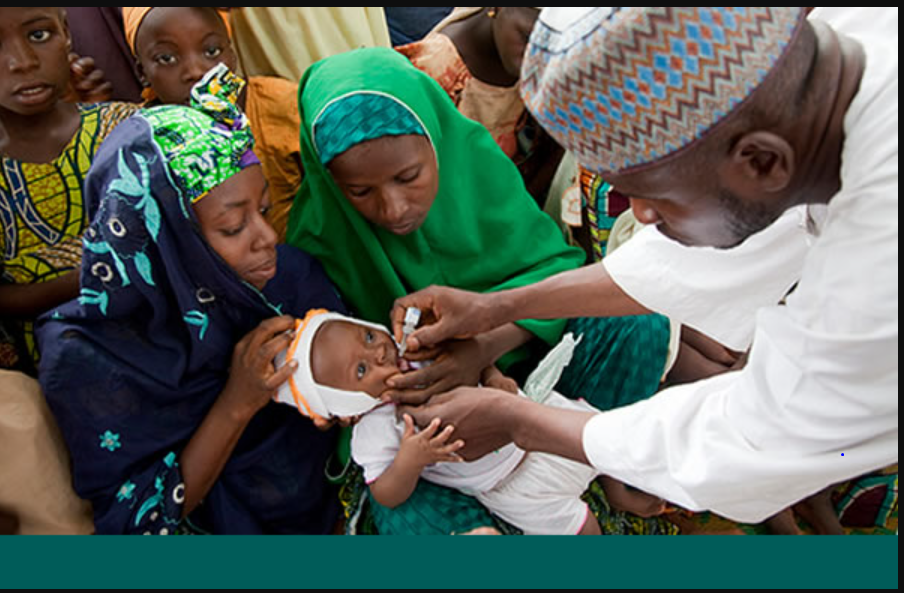
CSR solutions to immunization in Nigeria
As we observe World Immunization Day every November 10, Nigeria faces a sobering reality: Over 2.1 million children across the nation remain unvaccinated. These children lack protection against serious illnesses like tuberculosis, polio, diphtheria, hepatitis B, measles, and yellow fever—diseases preventable through timely immunization. This gap not only places individual lives at risk but jeopardizes the health and future stability of the nation as a whole.
While the world rallies on November 10 to promote vaccine access and prevent childhood illness, Nigeria struggles to meet even the most basic immunization goals. This wasn’t always the case. In the early 1990s, Nigeria achieved over 81% childhood immunization coverage under its National Immunization Programme, a remarkable public health achievement. Unfortunately, by 1996, coverage fell to 30%, plummeting further to just 12.9% in 2003.
Despite global advances, Nigeria remains among the nations with the highest rates of unvaccinated children, alongside Ethiopia, Guinea, the Democratic Republic of Congo, and Sudan. Meanwhile, countries like Ghana and Egypt demonstrate what’s possible with focused commitment to children’s health, achieving immunization rates exceeding 95%. These countries understand that healthy children make for resilient societies, preventing millions of deaths and fostering economic stability.
Immunization challenges in Nigeria stem from many sources: shortages in vaccine supply, cultural resistance, a lack of healthcare infrastructure, and significant security issues that hinder health workers’ access to communities. The loss of skilled healthcare personnel to other countries has compounded these issues, leaving many communities underserved. The disparity in vaccine access is evident, with urban areas reporting higher coverage than rural regions due to poor road conditions and insufficient storage facilities.
For Nigeria to secure a healthy future, a united effort is essential. The government can make immunization a priority by investing in local vaccine production and supply chains, reducing reliance on international aid, and ensuring vaccines are consistently available. Beyond government efforts, NGOs, media, community leaders, and religious institutions must drive awareness campaigns, especially in regions where vaccination skepticism remains high.
Corporate Social Responsibility (CSR) and sustainability efforts also have a critical role. Companies can partner with health organizations to sponsor mobile health units, fund cold storage facilities for rural clinics, or create community programs that promote health literacy. By supporting initiatives like maternal health education, Nigeria can increase vaccine acceptance and encourage preventive healthcare.
This is because with childhood immunization, we are protecting a generation—ensuring a foundation of health that reduces malnutrition, strengthens communities, and counters the systemic issues that drive insecurity. Immunization is not merely an individual responsibility; it’s a societal imperative. As we address the needs of Nigeria’s children, we’re not just investing in healthcare; we’re building a resilient future, one immunization at a time.








